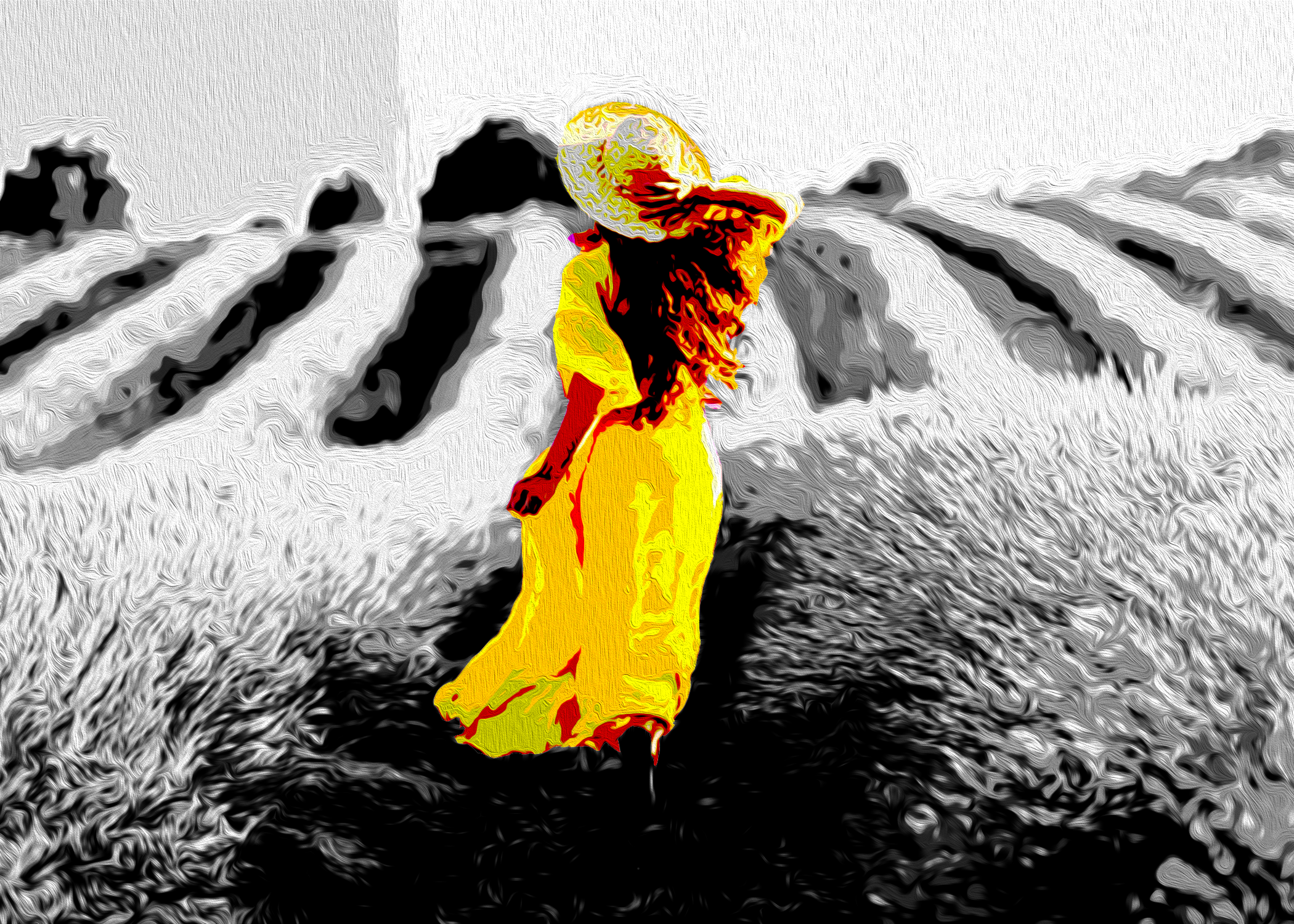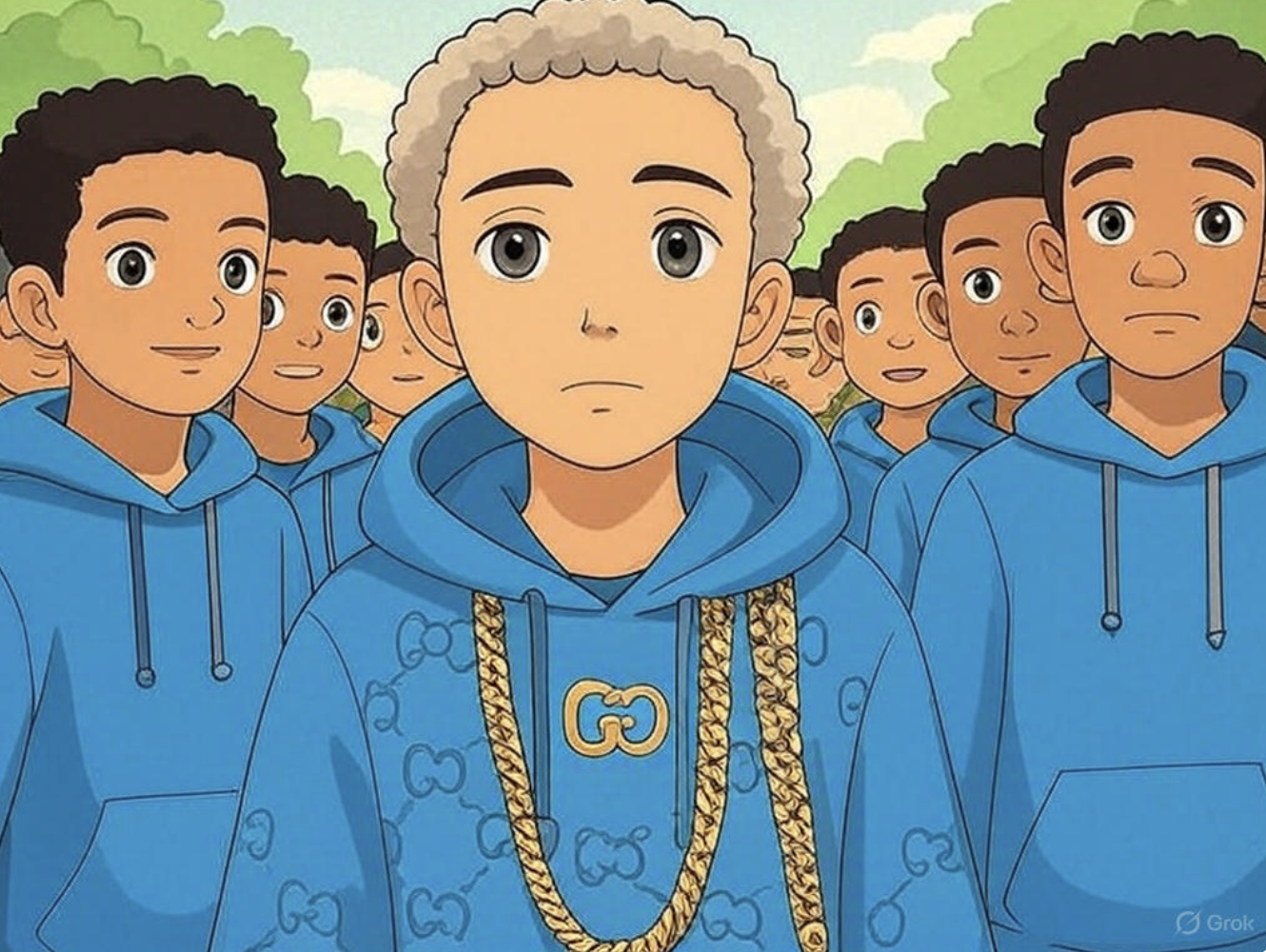
written by Minche Lee (DIA Y10)
translated by Yeonju Woo (DC Year 11)
In a class society before the Civil Revolution, social class was something that was unalterable. The class hierarchy has existed since the period of ancient Greece and Egypt and within the hierarchy, peasants and slaves lived inhumanely. In India, this system does not legally exist anymore – however there are still the remnants within their culture which continues to follow the caste system, where there are large gaps between different social classes. In addition, as the disparity between the rich and the poor in Korea widens, a dastardly society has emerged which often discriminates against people by dividing them into ‘gold spoon’, ‘silver spoon’, and ‘dirt spoon’.
Aleksandr Pushkin’s novel “The Captain’s Daughter” is written from a first-person narrative with Grinyov Pyotr as the main protagonist. Grinyov, the son of a wealthy nobleman, is appointed to the fortress of Belogorsk at the age of 17 and becomes close to Captain Miranov and his family, who is the commander. However, Lieutenant Svabrin, a senior officer who faces rejection for his proposal to the captain’s daughter, Masha, hinders and interferes between the love of Grinyov and Masha. Despite his efforts, the two falls in love. Then one day Pugachyov’s rebellion begins and as the fortress of Belogorsk is captured, Captain Miranov, his wife and officers are executed. Grinyov is also in danger of being executed, however, Pugachyov, the leader of the rebels, realises that he is the farmer who had previously helped Grinyov and saves his life again. Suddenly, Svabrin stands on Pugachyov’s side and becomes the new commander, whilst also kidnapping Masha and attempting to force her to marry him. Masha reaches out to Grinyov for help through a letter and Grinyov decides to rescue Masha. He is caught again by Pugachyov’s rebels who were guarding the fortress. As he explains the situation between him and Masha to Pugachyov, he rescues Masha with Pugachyov’s help. Pugachyov’s rebellion later fails, and Svabrin lies that Grinyov is a spy, acting on his hatred for Grinyov. This lie puts Grinyov in an exile in Siberia for life, but Masha reveals the truth, and the two have a happy marriage. By loving and trusting each other, they managed to save each other.
Svabrin is an opportunist and demonstrates selfish traits. He was an officer who killed a person and was expelled from the Guard, and presented himself as a mysterious character from the beginning. Masha saw him as a threat and refused to marry him, but Svabrin was jealous of Grinyov and Masha’s love, leading him to interfere with all kinds of things. When Pugachyov’s rebellion began, and as Svabrin becomes Pugachyov’s right arm, he kidnapped Masha and tried to force her into marriage. Svabrin’s opportunist and malevolent behavior is depicted through his attempt to force Masha into marriage.
Pugachyov is a rebel in the book, but he shows many humane traits. While Grinyov is on his way to the fortress, he wanders through a blizzard. He meets a farmer who guides him to the correct path. In gratitude, Grinyovnof serves the farmer a drink and gave him 50 coins. Despite the fact that many noblemen would not express such gratitude to farmers, Grinyov behaves differently. The farmer, Pugachyov, remembers Grinyov’s face and saves his life when Grinyov is on the verge of execution. When Grinyov’s lover, Masha, is captured by Svabrin, Pugachyov, who admired Grinyov, helps them once again. Through the contrast of Pugachyov and Svabrin, Pushkin represents that whilst you can find the bad and malevolent in the world, there is also the equally good who show grace and humanity.
Pushkin’s novel, The Captain’s Daughter, deals with real events that existed in Russian history. In 1773, Empress Yekaterina’s territorial expansion and aristocratic political system destroyed the lives of Russian peasants. In the meantime, many civil wars arose, and the Pugachyov rebellion was an event that threatened the empress and her reign. Pushkin showed humanity and compassion through Pugachyov’s actions helping Grinyov and Masha in the novel. Even though Grinyov was a nobleman, he showed compassion to people of a lower status than him, like Pugachyov. And because of his actions, he was repaid with his own life by Pugachyov. With this novel, Pushkin reveals the importance of humanism. In modern society, when humans collide with each other, there is a lot of conflict which can lead to inhumane, evil actions. “The Captain’s Daughter” tells us that when people live together as a community, good and evil are inevitably present, but whether good or bad, we must behave as human beings.
written by Minche Lee (DIA Y10)
시민혁명 이전 신분사회에서는 자신이 정할 수 없는 것이 바로 계급이었다. 계급은 아주 오래전인 고대 그리스, 이집트 시기부터 존재한 것으로 절대왕정 시기 농민들과 노예들은 비인간적인 삶을 살았다. 인도에서는 법적으로 사라졌지만 아직도 카스트 제도를 따르는 문화가 남아있어 신분 격차가 여전히 존재하고 있다. 또한 우리나라에서도 빈부격차가 심해지면서 흔히 ‘금수저’, ‘은수저’, ‘흙수저’ 등으로 서로를 차별하는 비인간적인 사회의 모습이 나타나고 있다.
알렉산드르 푸시킨의 소설 <대위의 딸>은 그리뇨프 표트르로 소개되는 ‘나’라는 인물의 관점에서 진행된다. 그리뇨프는 부유한 귀족의 아들로 열일곱 살에 벨로고르스끄 요새로 발령을 받고 그곳의 사령관인 이반 미로노프 대위와 그의 가족과 친분을 맺었다. 그러나 전에 대위의 딸인 마리야에게 청혼을 했다가 거절을 당했던 선임 장교 쉬바브린 중위는 그리뇨프와 마리야의 사랑을 방해하기 위해 온갖 수단을 다 쓰지만 두 사람은 사랑에 빠진다. 그러던 어느 날 푸가초프의 반란이 시작되었다. 벨로고르스끄 요새가 함락되면서 미로노프 대위와 부인과 장교들은 처형되고 그리뇨프도 처형될 위기에 빠진다. 그러나 반란군들의 지도자였던 푸가초프가 알고 보니 전에 그리뇨프에게 도움을 주었던 농부였고 간신히 목숨을 건진다. 어느덧 쉬바브린은 푸가초프의 편에 서서 새로운 지휘관이 되었고 그는 마리야를 납치해서 강제로 자신과 결혼을 시키려고 했지만, 마리야가 그리뇨프에게 편지를 통해 도움을 청한다. 그리뇨프는 바로 마리야를 구하러 그녀에게 달려가지만 요새를 지키고 있던 푸가초프의 반란군들로 인해 다시 잡히고 만다. 푸가초프에게 자신과 마리야의 상황을 설명했고, 다시 푸가초프의 도움을 받아 마리야를 구한다. 이후 푸가초프의 반란은 실패하게 되고, 쉬바브린은 그린뇨프에 대한 증오심 때문에 그가 푸가초프의 간첩이라고 거짓말을 한다. 이 거짓말 때문에 그리뇨프는 시베리아 종신 유배에 처해지지만 마리야가 직접 상소하며 진실을 밝혔고, 두 사람은 행복한 결혼생활을 하게 된다. 그들은 서로를 사랑하고 신뢰하며 서로가 서로를 구한 셈이다.
쉬바브린은 이기적이며 기회주의자의 면모를 가진 인물이다. 결투로 사람을 죽이고 근위대에서 쫓겨난 장교인 쉬바브린은 첫 등장부터 심상치 않았다. 마리야는 그의 심성을 알아채고 청혼을 거절했지만 쉬바브린은 그리뇨프와 마리야의 사랑에 질투심을 느껴 온갖 방해를 한다. 푸가초프의 반란이 시작되고 어느새 쉬바브린은 푸가초프의 오른팔이 되었고, 마리야를 납치해서 강제로 자신과 결혼을 시키려고 한다. 사랑하는 사람을 강제로 결혼시키려고 압박하는 모습에서 쉬바브린의 기회주의자이며 비인간적인 모습이 드러난다.
푸가초프는 책 속에서 반란군이었지만 인간적인 면모를 지닌 인물이다. 그리뇨프가 요새로 가던 중, 험한 눈보라 때문에 길을 헤매고 있었는데 우연히 한 농부를 만나 길을 찾을 수 있었다. 고마움에 그리뇨프는 농부에게 술을 대접하고 50 꼬뻬이까를 주었다. 사실 그리뇨프는 귀족이었고 농부에게 그런 감사를 하는 귀족은 드물었다. 하지만 그리뇨프는 신분보다는 자신의 생명을 구해준 은인으로 고마움을 표한 것이다. 그 농부가 바로 푸가초프로 후에 그리뇨프가 사형될 위기에 처하자 그리뇨프의 얼굴을 기억하고 목숨을 살려준다. 그리고 나중에 그리뇨프가 자신이 좋아하는 여자인 마리야가 쉬바브린에게 잡혀있었을 때도, 그리뇨프를 인간적으로 좋아했던 푸가초프는 그들이 안전하게 살 수 있도록 통행증을 주며 은혜를 베풀었다. 이처럼 푸시킨은 세상에 비인간적인 사람들도 존재하지만 함께 은혜를 베풀며 인간적인 모습을 보여주는 사람들도 존재한다는 점을 그려냈다.
푸시킨의 소설 <대위의 딸>은 러시아 역사에 존재했었던 실제 사건을 다루었다. 1773년, 예카테리나 여제의 영토 확장과 귀족주의 정치 제도로 인해서 농노제가 강화되며 러시아 농민들의 삶이 피폐해졌다. 그러던 중 많은 민란이 일어났는데, 자신을 황제라 칭한 푸가초프 반란은 실제 여제를 위협했던 사건이었다. 푸시킨은 소설 속의 그리뇨프와 마리야를 통해 사람 간의 신뢰와 선한 연민을 갖춘 인간적인 모습을 보여주었다. 주인공 그리뇨프는 귀족임에도 불구하고 푸가초프처럼 자신보다 낮은 신분의 사람들에게도 인간적인 면을 보였다. 그리고 이런 그의 행동으로 인해 훗날 자신의 목숨을 건지고 사랑하는 사람과 살 수 있게 하였다. 이 소설로 푸시킨은 휴머니즘의 중요성을 알려주고 있다. 현대 사회에서는 인간들이 서로 간의 의견이 부딪힐 때 심하게 갈등하며 가끔은 믿기지 않을 정도의 비인간적인 모습을 보인다. <대위의 딸>은 사람들이 공동체로 함께 살아갈 때 선과 악은 어쩔 수 없이 존재하지만 서로에게 애정을 베풀며 사는 인간적인 면모를 잊어서는 안 된다는 것을 알려주고 있다.





